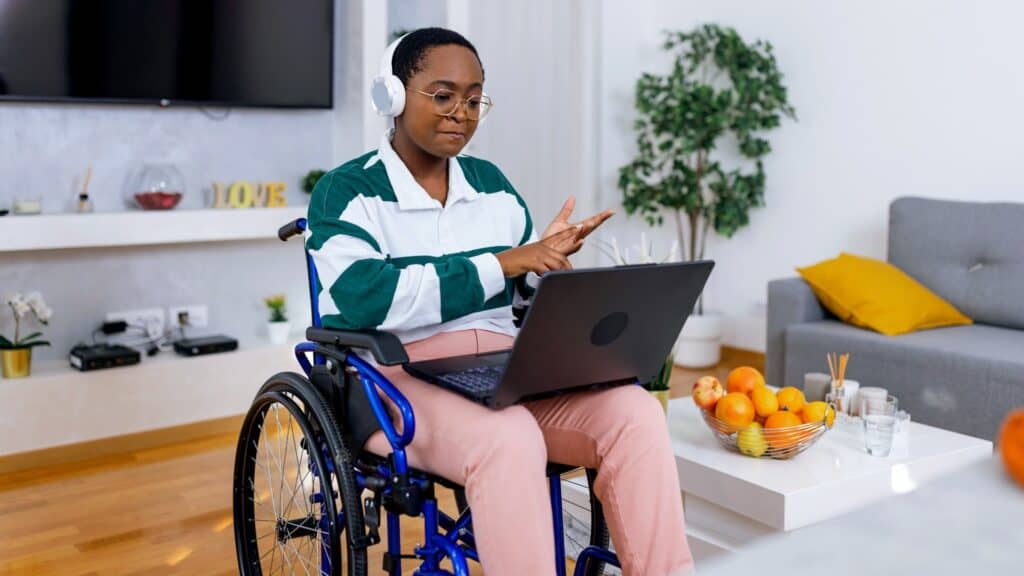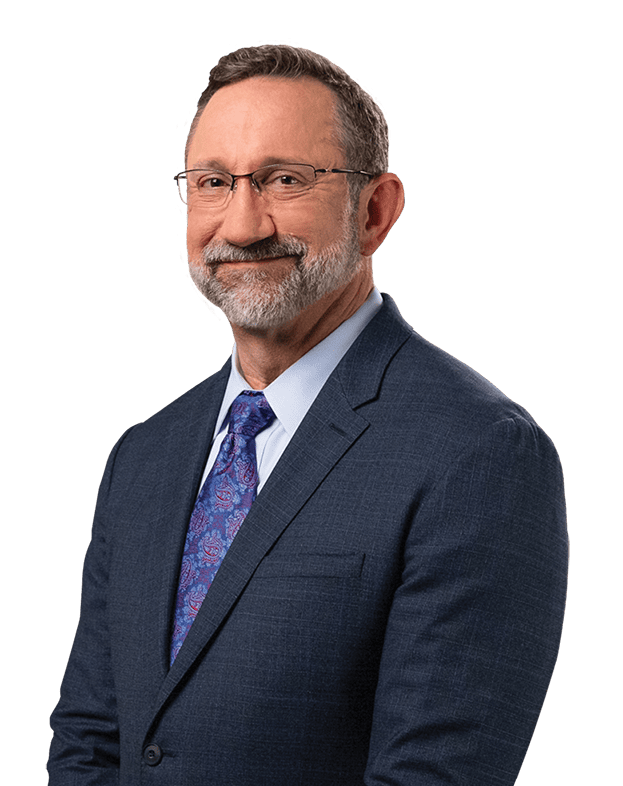07/01/2023
Social Security Disability Hearings During the Pandemic

Though some businesses and services are reopening here in North Carolina, Social Security Administration offices remain closed because of the pandemic.
This is impacting how the agency is handling Social Security Disability hearings for claims that have been denied.
Hearings with Administrative Law Judges, which normally would be conducted in person (or by video if you consent to it), are now being conducted by telephone.
If you had a previously scheduled in-person hearing, SSA will contact you or your attorney to schedule a telephone hearing. Rest assured, you will have time for prepare for your hearing. Our team will be in touch to let you know what to expect and help you prepare for it. You won’t just be contacted on the day of the hearing.
In most cases, your telephone hearing will be conducted by the same judge who was originally assigned to your claim.
Am I required to have my hearing by telephone?
Telephone hearings are not mandatory. If you’re not comfortable with the telephone format, you may ask to have your hearing postponed until Social Security resumes normal operations again. You are allowed to have a hearing in the manner you were originally scheduled – in person or by video, if you consented to having it by video.
Please note, however, that there’s no way to know when your hearing may be rescheduled. No one knows when the pandemic will end or when it will be safe for the Social Security Administration to resume in-person, face-to-face operations. Rescheduling your hearing may delay approval of your benefits.
What happens at a Social Security Disability hearing?
We have represented claimants in hundreds of disability claims, and every hearing is a little bit different.
However, most hearings follow a general format. Though hearings are now being conducted by telephone, the general format and tone of these proceedings are similar.
Social Security Disability hearings are informal, but confidential, proceedings. There are no witnesses and no jury.
Usually, the only people involved in the hearing besides you and your attorney are an administrative law judge, a hearing reporter to record what happens, and a vocational expert, who is an expert in jobs.
Hearings are recorded, and the judge will usually start out by giving you some general information about how the hearing will proceed. The judge will tell you that it is necessary that your testimony be under oath, and will swear you in. Then the judge and your attorney will ask you questions about your general background, your work history, your medical problems and your daily life.
No government attorney will be present at the telephone hearing, but your attorney may ask you questions, as well.
After the judge and your attorney have finished asking you questions, the judge may take testimony from a vocational expert. Your attorney will then have an opportunity to ask questions of the vocational expert. After that is done, the hearing will generally be over.
Most of the time you won’t get a decision that day, but will have to wait to get a written decision in the mail. Hearings can last from as short as 15 or 20 minutes to as long as two hours or more.
This general format can vary depending on many variables including which judge is running the hearing (they all have different preferences), the nature of the case itself and the possibility of medical experts testifying, as well as other factors.
A hearing is an important opportunity to finally win your Social Security Disability case, and I recommend you retain an attorney to help you best present your case to the administrative law judge.
Contact us a call for a free consultation about your case to see if we can help you.
What if I am due for a continuing medical disability review?
During the pandemic, the Social Security Administration is not conducting continuing disability reviews for anyone who is currently receiving benefits during the pandemic. If you are waiting for a hearing on your continuing disability review decision but you are not currently receiving benefits, the administration will proceed with your hearing as scheduled, by telephone.
What other changes is SSA making during the pandemic?
Recognizing that these are challenging times for everyone, Social Security is extending filing deadlines when possible. Your paralegal or attorney will be able to advise you on this as it relates to your specific claim.
Social Security is also being flexible in applying its “good cause policy,” which allows the agency us to extend the time limits for submitting appeals and taking other actions during this pandemic.
SSA has also suspected collection of overpayments during the pandemic.
Online services during the pandemic
While Social Security Administration offices are closed during the pandemic, you can still conduct a lot of business and get help online.
- You can use the Social Security Disability website to file a claim for retirement, disabilityo Medicare benefits.
- You can check your application status.
- You can file an appealif you were recently denied Social Security Disability benefits.
- Change your address, if you receive benefits
- Set up or change your direct deposit for receiving benefits.
Visit the website for more online services.




